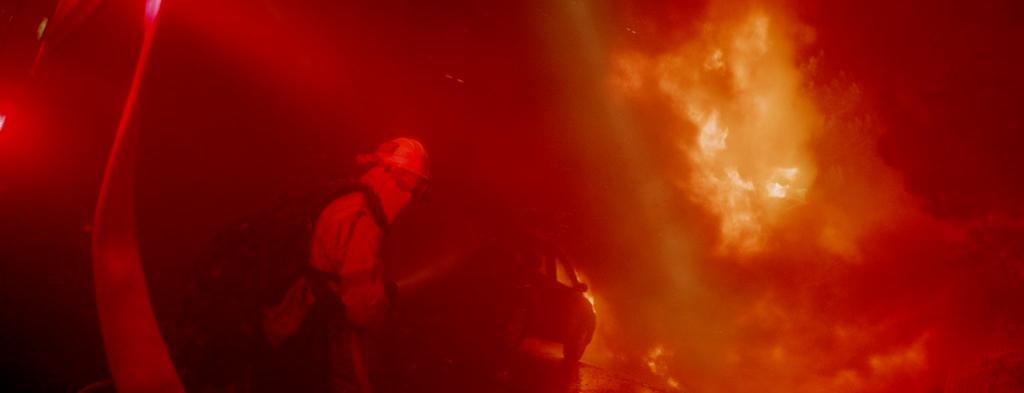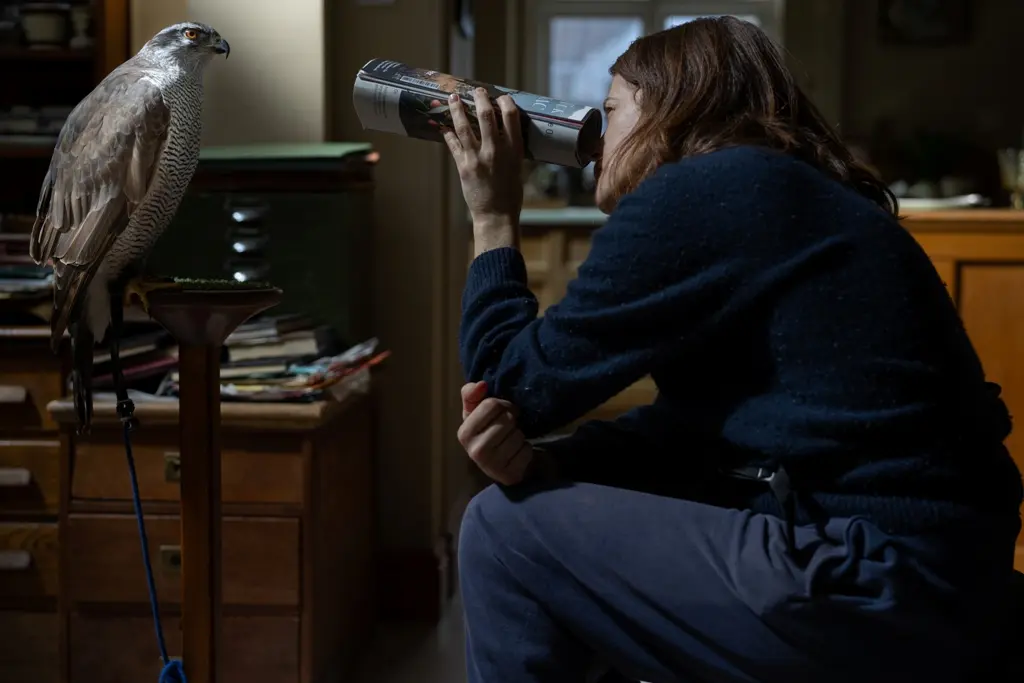NR | 1h 41m | Documentary | 2023
Serving as both a history lesson and easy-to-follow instruction manual, the documentary “Hotshot” has a distinct current day, subdued “I told you so” air to it. While the devastating Los Angeles wildfires are still active, “Hotshot” also serves as an unintended prophecy. This entire debacle could have easily been avoided through simple, centuries-old, preventative maintenance.






